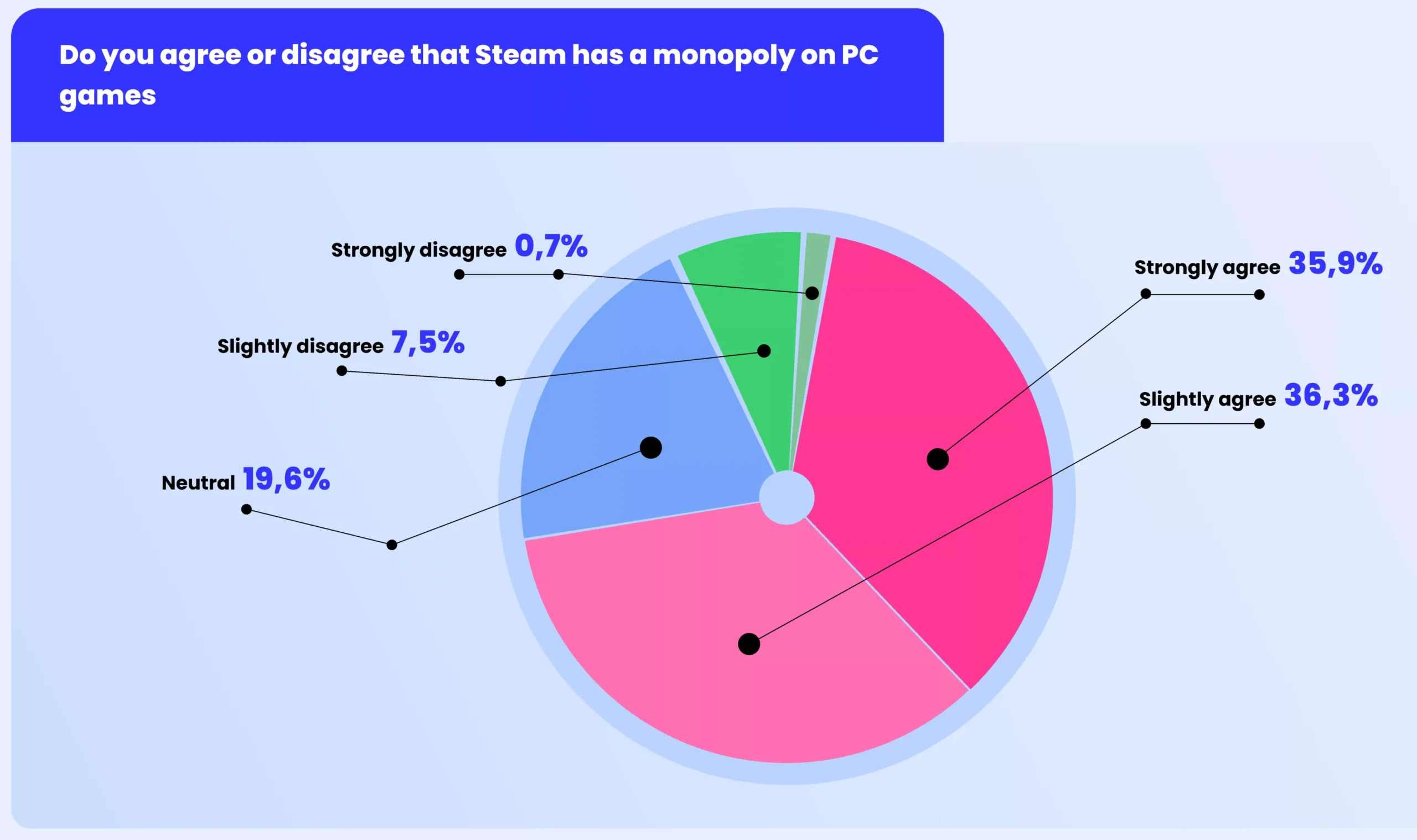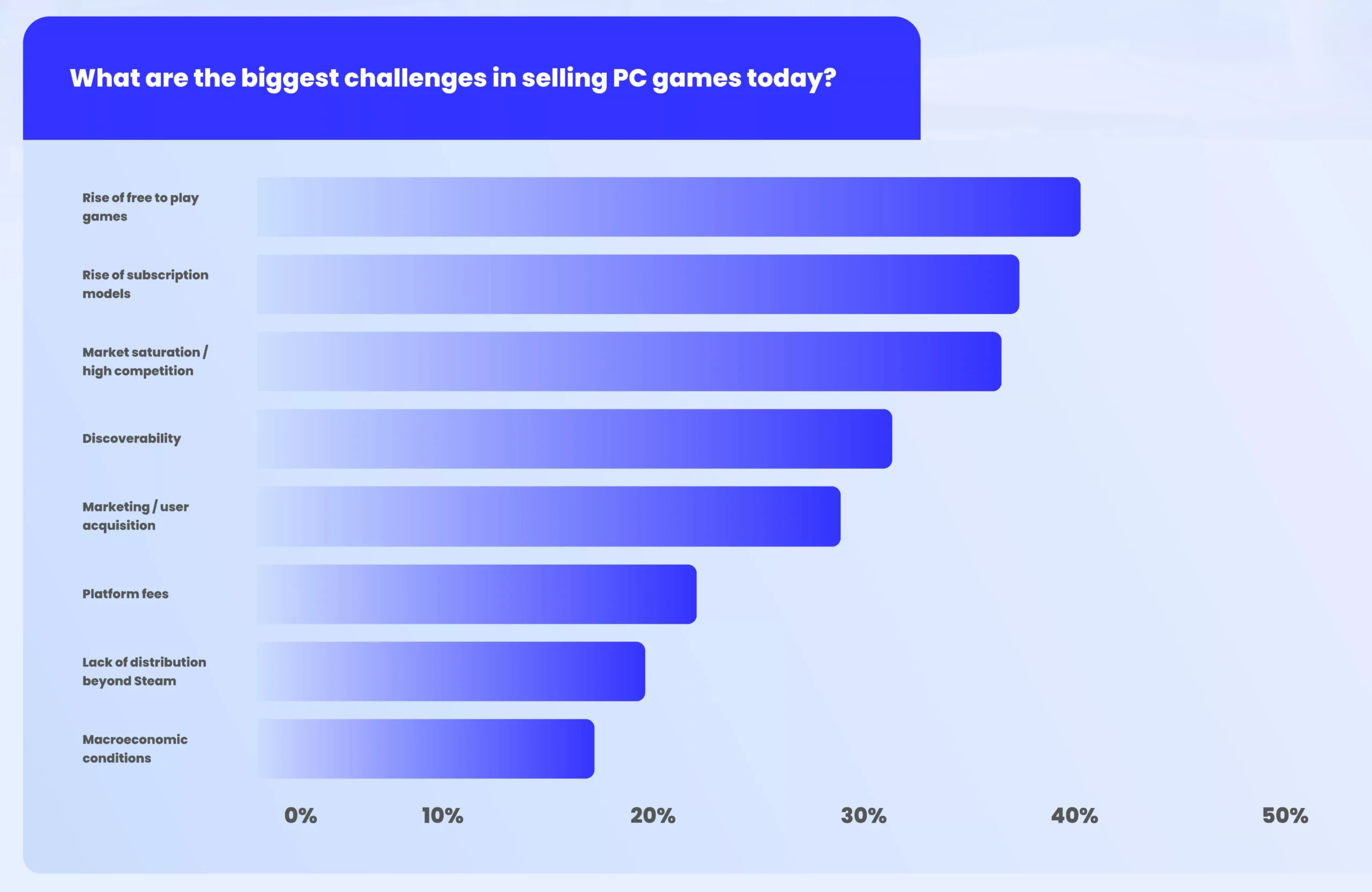A recent report released by Lunio, a platform specializing in invalid traffic (IVT) detection and prevention, reveals that a staggering $63 billion (€53.6 billion) is wasted annually on digital advertising due to bot traffic and ad fraud. This finding underscores a significant issue plaguing the advertising industry.
The 2026 Global Invalid Traffic Report released by Lunio analyzes over 2.7 billion paid ad clicks across major platforms such as Google, Meta, TikTok, LinkedIn, and Bing, covering the period from August 2024 to August 2025. The results paint a rather grim picture of the challenges faced by advertisers in ensuring genuine user engagement.
The Hidden Costs of Invalid Traffic
Invalid traffic, or IVT, encompasses clicks, impressions, or conversions that originate from users lacking genuine intent. This can range from coordinated bot activities and automated scraping to malicious competitor behavior or accidental clicks. While some invalid traffic may not be intentionally harmful, it invariably drains advertising budgets and distorts analytics, which, in turn, misguides automated targeting algorithms.
According to Lunio’s analysis, 8.51% of all paid traffic is classified as invalid, resulting in a silent yet substantial burden on return on ad spend (ROAS). For advertisers aiming for a 3-4x ROAS, even a small IVT rate could mean millions in potential lost revenue, as marketing budgets are wasted on traffic that fails to convert.
TikTok and Social Platforms Suffer the Most
The report highlights distinctive differences in IVT rates across ad platforms, with TikTok exhibiting the highest average IVT rate at 24.2%. This alarming statistic indicates that nearly one in four paid ad clicks on the site is associated with non-human or invalid activity. The rapid growth of TikTok, combined with high levels of automated engagement, has made the platform particularly susceptible to fraud.
Other social platforms are also grappling with high IVT exposure, with LinkedIn and X/Twitter recording rates of 19.88% and 12.79%, respectively. Conversely, Meta has managed to achieve an average IVT of 8.2%, thanks in part to extensive investments in bot detection and fraud prevention, bolstering advertiser confidence in their platform.
Google’s Strengths and Weaknesses
Among major search platforms, Google continues to outperform Bing and Microsoft in terms of managing invalid traffic. Lunio’s data shows that Google Ads boasts an average IVT rate of 7.57%, compared to Bing’s 10.32%. However, the report also identifies weaknesses within Google’s extensive advertising ecosystem. While search campaigns remain the cleanest format, with an average IVT rate of 5.21%, this rate escalates significantly when moving to automated inventory. Display and video campaigns, for instance, recorded IVT rates of 12.02% and 20.62%, respectively.
As Google shifts towards more automated solutions, visibility over traffic quality becomes increasingly essential to prevent wasted budgets from extending alongside performance gains. The findings indicate that while Google’s search platform may be a robust option, the rising automation across its ecosystem presents a duality of risk.
Industry Impact and Future Challenges
Industries such as financial services, education, and telecommunications are disproportionately affected by invalid traffic, with lead generation campaigns encountering 32% higher rates compared to eCommerce models. Gaming and iGaming take the lead, averaging an astonishing IVT rate of 18.49% largely due to aggressive competition and the prevalence of sophisticated fraud.
Moreover, the emergence of “agentic AI,” autonomous systems interacting with ads on behalf of users, presents an evolving challenge for marketers. While not inherently malicious, this new category complicates the distinction between genuine engagement and synthetic interaction. According to Simran Cashyap, CPTO of Lunio, this technological advancement may disrupt conventional understandings of “real” traffic, urging advertisers to seek stronger tools and protections to ensure that their optimization processes remain grounded in reality.
As automation reshapes the digital advertising landscape, gaining visibility into traffic quality is not merely a defensive strategy but a competitive advantage. The industry faces the complex task of evolving alongside faster technological advancements in order to maintain integrity in performance metrics. The full report can be accessed at Advanced Television.





